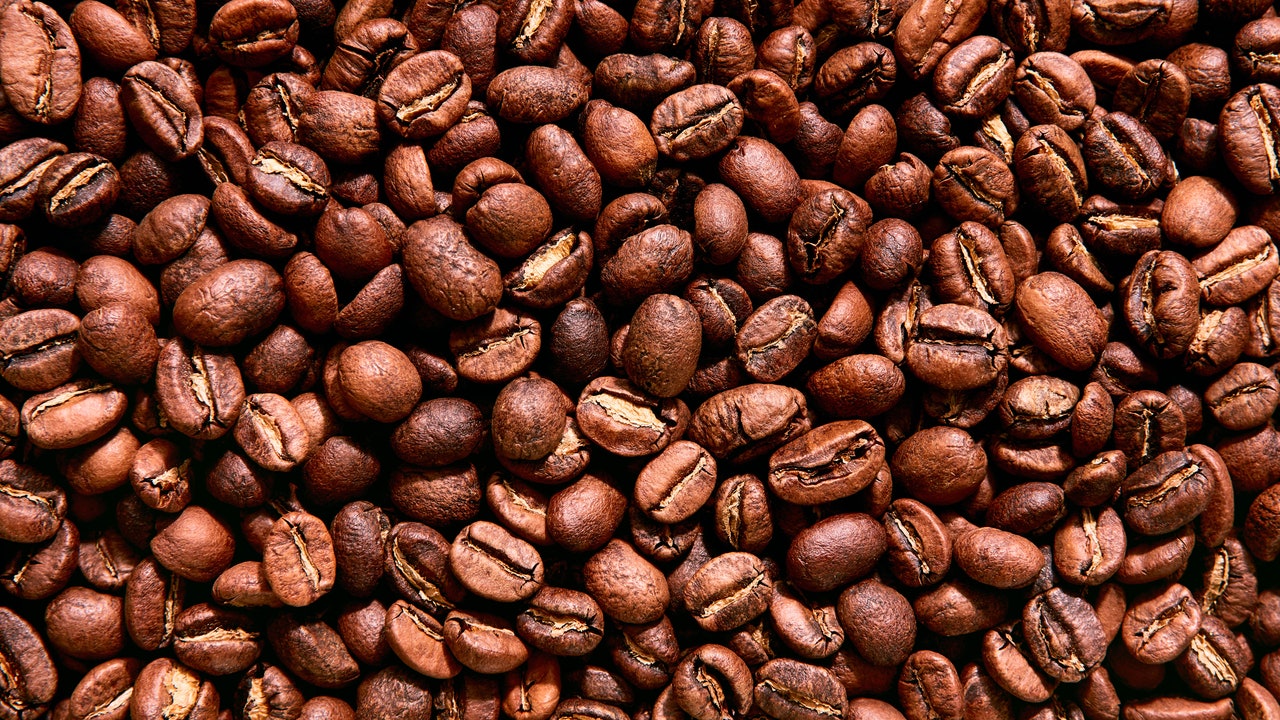Are you often baffled by the coffee jargon on the packaging when you're shopping for beans? Terms like light, dark, espresso, blend, single-origin, and flavor notes can be confusing. But fear not, after two decades of writing and teaching about coffee, I'm here to help you understand the language and guide you back on track to your caffeinated journey.
Let's start with the basics:
Deciphering Roast Levels
Coffee beans are often categorized by their roast levels - light, medium, and dark. These terms not only describe the appearance of the brewed coffee but also indicate the duration for which the beans were roasted. Lighter roasts tend to have a more delicate flavor profile, while darker roasts offer bolder, more robust tastes.
Some older roast descriptors like City, Full City, Vienna, French, or Italian are still used in the industry to denote varying degrees of darkness in the roast.
Understanding Espresso vs. Coffee Beans
Espresso beans are essentially the same as coffee beans, but the difference lies in their preparation and intended use. While espresso beans are often roasted darker to provide a rich and creamy flavor for espresso shots, they can still be used for other brewing methods like French press or drip coffee.
Blend or Single-Origin
Single-origin coffees come from a specific region or farm, highlighting the unique flavors of that particular place. On the other hand, blends combine beans from different origins to create a consistent flavor profile throughout the year.
Decoding Flavor Notes
Flavor notes on coffee packaging describe the various aromas and tastes you might experience while savoring your cup. While you may not detect every note listed, they serve as a guide to help you choose coffees that align with your preferences.
Types of Coffee Processes
Coffee beans undergo different processes like washed, natural, or honey, which affect their flavor profiles. Washed coffees are more balanced, natural coffees have a pronounced fruity taste, and honey coffees fall somewhere in between with a unique sweetness.
Understanding Roast Dates
Coffee doesn't expire but can lose its freshness over time. Roasters often label their bags with the roast date to ensure consumers enjoy the coffee at its peak flavor. Storing coffee beans in a cool, dark place can help preserve their freshness.
